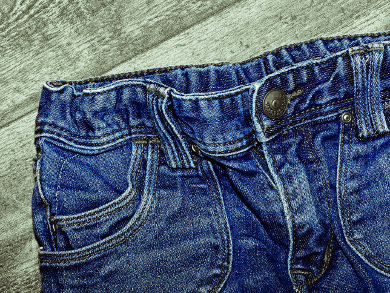Clean drinking water has been identified as a human right by the United Nations. With the ever-increasing population and resultant industrialization in developing nations, water is fast becoming the most valuable resource. The high water consumption of the textile industry makes it a suitable test case for sustainability in this field.
As an example, the jeans manufacturing industry in Caruaru in Brazil is extracting a high cost from the environment, chiefly due to discharge of waste water into the river Ipojuca. Christina Pahl, Technical University Ilmenau, Germany, and colleagues have analyzed the factors impacting the fine balance between the growth of the jeans industry and environmental degradation in Caruaru. About 70 % of the wastewater generated by industrial laundries is dumped into Ipojuca without any treatment and the resulting pollution has affected the ecosystem.
The team compared Caruaru with the city of Hof, located in a prime industrial belt in Germany, which has exemplary wastewater management. They found that the primary barriers to sustainable processing were a lack of awareness among the locals, slack environmental laws, and missing financial incentives for industry. As the technology for effluent treatment is similar in both cities, it should be possible to enforce more stringent requirements on the industries to protect the environment. This would, in turn, enable the growing population to have access to clean water.
- Sustainable Processing in Brazilian Industrial Infrastructures: An Utopia or Feasible Challenge?,
Christina Pahl, Igor Cavalcanti da Silveira, Armando Dias Duarte, Arleson Kennedi Franca dos Santos,
Journal of Unsolved Questions 2016, 6 (2), 1–6.




